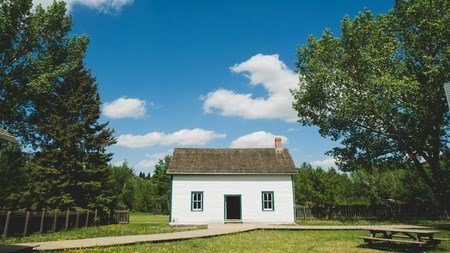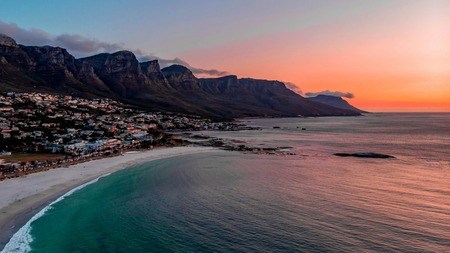Karoo property owners contend with the challenging prospects of water scarcity on a daily basis. Since parts of the region enjoy minimal, low, and scattered rainfall as opposed to heavy rainfall over large areas, farmers and residents depend heavily on the rich underground water sources of the region.Not surprising then that the unknown facts, and locally unregulated method of Shell Dutch Oil’s proposed fracking – the hydraulic fracturing to extract shale gas from deep underground areas by pumping pressurised mixtures of huge quantities of water, sand and chemicals down drill holes - poses a real threat to residents. Despite the process being in its infancy stages and Shell’s public commitment to best environmental practice, emotions are running high and the brewing battle appears to be more than just a storm in a teacup.Karoo farmers, lawyers and environmental experts have, by way of presenting expert scientific information, expressed their concerns that if approved by government, it will have dire consequences on the environment. More significantly they say, fracking has moratoriums placed on it in developed countries such as the U.K., France, Germany, Quebec, and Canada. The Karoo offers attractive investments to both well heeled international and upcountry investors, who are lured there by its natural beauty and tranquility. Not only does the possibility of contaminated and shortages of underground water threaten future financial stability, but also lifestyle. Locals say the preservation of land brings long term sustainability, and it is through the protection of assets such as the environment that tourism - a large source of income for the region - can thrive.Commenting on the impact of fracking on the Karoo’s scarce water sources, Petroleum Agency SA’s geology manager Jennifer Marot recently said: “I believe that it is unlikely that ground water would be contaminated by the fracturing process”, she also acknowledged that the process would incur an immense use of water – translating into many millions of litres- that ‘would be a major challenge in the water-stressed Karoo while the process of exploration could require many wells to be drilled.‘Last week saw the battle between legal representation for Karoo residents and Shell Oil intensify due to the Shell’s Environmental Management Plan being submitted too late for public comment. Campaigning against the process, the Treasure Karoo Action Group (TKAG) last Tuesday requested President Zuma to put a stop to Shell’s application, and to subject it to a moratorium. TKAG handed over a critical review report compiled by a group of 22 scientists and academics. TKAG national coordinator Jonathan Deal said the review report "lays waste to the draft EMP of Shell". He said he is confident that once reviewed, the government would apply the precautionary principle for fracking not to take place in SA. All parties involved are subjected to a 120 day waiting period required for government to make a decision on the application.Despite being a semi desert region, the Karoo continues to attract nature lovers seeking a lifestyle free of pollution, and an environment that offers sound farming opportunities, good schools and infrastructure. Agents say the region, comprising 52 small towns, sees a high demand for vacant land that has impacted positively on property values. Best prices are fetched in Prince Albert and Graaff Reinet with the highest demand in the middle income category starting from R750 000, larger renovated homes from R1.4 million, and top properties from R2 to R2.8 million. Ends
Property Advice




